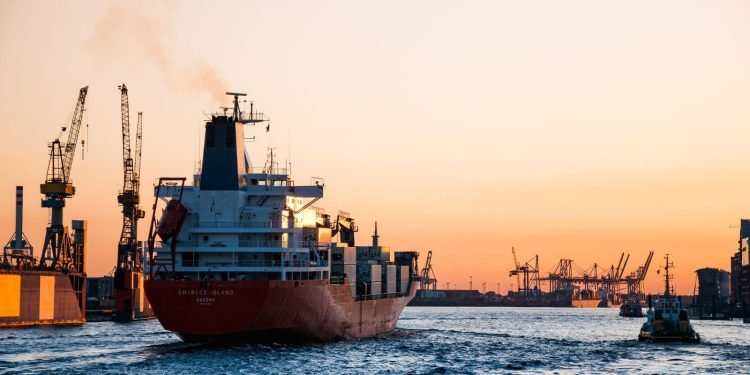AllChiefs, in partnership with Smart Freight Centre and the Rotterdam School of Management, has released the “Net Zero Logistics Delivered” report, a groundbreaking framework for transforming the logistics industry to achieve net zero emissions by 2050. With contributions from over 75 global organizations, the report provides actionable strategies, tools, and insights to guide companies toward sustainability in a rapidly evolving landscape.
Key Findings
- Low Adoption of Net Zero Goals
Only 35% of logistics companies have committed to net zero targets, and nearly 50% have not started tracking Scope 3 emissions. These figures highlight the urgency for widespread adoption of sustainability practices. - Sustainability in Daily Operations
The report underscores the need for integrating sustainability into everyday processes, emphasizing that operational changes are crucial for achieving long-term environmental goals. - Strategic Assessment Tool
A Net Zero Readiness Assessment is introduced to help companies evaluate their current sustainability efforts and pinpoint areas for improvement.
Collaborative Efforts
The report features insights from key players in the industry, including DHL, C.H. Robinson, Mars, Cargill, and the Port of Rotterdam. These organizations share their strategies for reducing emissions through:
- Transitioning to alternative fuels such as biofuels and hydrogen.
- Leveraging digital tools like AI and IoT to optimize supply chains.
- Collaborating across the logistics value chain to create shared sustainability standards.
Challenges Highlighted
While progress is being made, several obstacles remain:
- Emissions Tracking: Many companies lack robust systems to measure Scope 3 emissions, which account for the majority of logistics-related carbon output.
- Cost Barriers: Transitioning to sustainable technologies, including electric vehicles and renewable energy, requires significant upfront investment.
- Global Coordination: Ensuring alignment across international supply chains is complex, with varying regulations and market readiness.
Best Practices for Decarbonization
The report outlines practical steps for companies to transition toward net zero:
- Data-Driven Decision Making: Use advanced analytics to measure, report, and reduce emissions effectively.
- Invest in Green Technologies: Adopt low-carbon fuels, electrified fleets, and renewable energy at logistics hubs.
- Collaborative Initiatives: Partner with suppliers, governments, and competitors to create unified solutions and drive collective action.
Call to Action
The report calls on logistics companies to act swiftly, emphasizing that the journey to net zero is both a necessity and a business opportunity. “Sustainability is no longer optional; it is the foundation for future competitiveness,” states the report.
Looking Ahead
The “Net Zero Logistics Delivered” report provides a clear pathway for businesses aiming to align their operations with global sustainability targets. By implementing the outlined strategies, logistics companies can lead the charge in reducing emissions while staying competitive in an increasingly eco-conscious market.
This report is a pivotal resource for organizations committed to reshaping the logistics landscape, balancing environmental responsibility with economic growth, and paving the way for a sustainable future.























